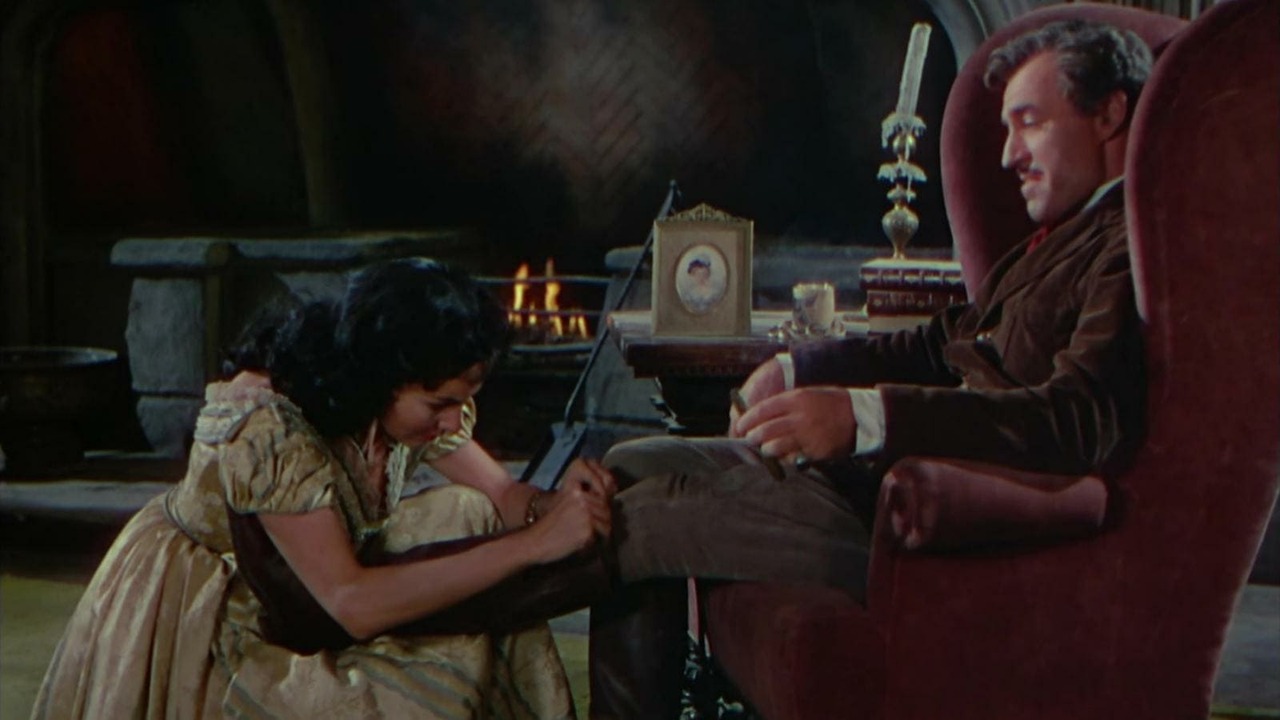

The key to his success is his ability to merge archival and original film footage into a montage that lends added credibility to his own work, while immediately calling all visual representation of the past into question.

Becker, a West German, approaches the topic from a more analytical and detached perspective than previous films seemed to have had. Yet Good Bye, Lenin! is able to grapple with issues such as nostalgia (or "Ostalgie") and dramatic social upheaval on a wholly different level. Films such as Sonnenallee (1999) have attempted to look at life in East Germany with a lighthearted, nostalgic, perspective and Becker's earlier film Das Leben ist eine Baustelle (1997) dealt with a young East German male trying to make it a world that has collapsed around him. The topic of life in the GDR, during the Revolution of 1989, and the struggle to regain normalcy in the early 1990s is not new to German film. The film's critical and commercial success has much to do with its ability to portray a (re)constructed reality of life in the former German Democratic Republic that delivers a mixture of tragedy and comedy and forces the viewer to contemplate serious questions about the impact of radical change on the human experience. It has now been released on DVD in Europe and opened in February 2004 in theaters across the United States. Wolfgang Becker's Good Bye, Lenin! was a runaway hit in German theaters in 2003 and has garnered numerous international film awards, including a Cesar (France), the Blue Angel (Germany), the European Film Award (Europe), and has been nominated for a Golden Globe Award (USA).


 0 kommentar(er)
0 kommentar(er)
